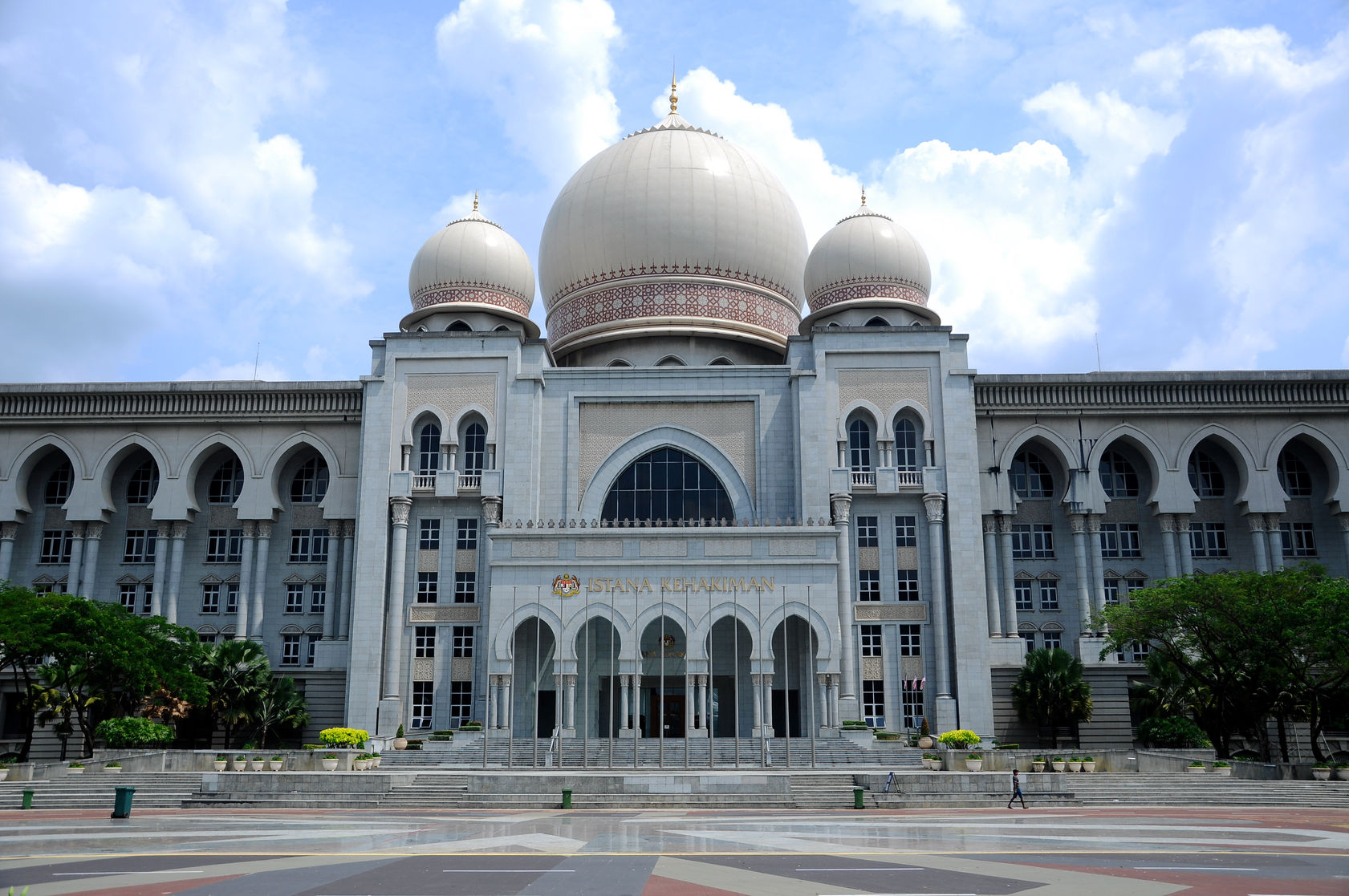Corporate/M&A
Voluntary Carbon Market (“VCM”) Handbook by Bursa
On 5 October 2023, the Minister of Natural Resources, Environment and Climate Change (“NRECC”) launched Malaysia’s VCM Handbook at the Bursa Malaysia Carbon Market Forum 2023.
The VCM Handbook is a collaborative effort between Bursa Malaysia Berhad and the Malaysian Green Technology and Climate Change Corporation, which was initiated through a memorandum of collaboration signed on 20 February 2023 and was developed in consultation with NRECC and various ecosystem participants. The VCM Handbook was developed to act as a guide to assist entities that are interested in participating in carbon market project development and Malaysia’ voluntary carbon market and further sets out the roles and functions of key entities in Malaysia’s carbon market operations.
The VCM Handbook will be a valuable resource to facilitate carbon offset project implementation in Malaysia, where the carbon credit generated by these projects will be used by other corporations to meet their net zero targets. The VCM Handbook provides essential information on how such projects will work, key concepts relating thereto alongside providing relevant and essential standard methodologies and case studies.
A copy of the VCM Handbook can now be downloaded here.
Code of Ethics on Company Director and Company Secretary issued by the Companies Commission of Malaysia (“CCM”)
Following the consultative document on the proposed updates on the company director and company secretary code of ethics dated 27 March 2023, the CCM has issued a new Code of Ethics for Company Director & Company Secretary (“Code of Ethics”) which supersedes the previous code of ethics for company director & company secretary.
In summary, the significant changes on the Code of Ethics are as follows:
(a) to add new “Anti-money Laundering and Counter Financing of Terrorism (AML/CFT)” principle for company director;
(b) to add new “Corporate Liability” principle for company director on pursuant to section 17A of the Malaysian Anti-corruption Commission Act 2009;
(c) to add new “Reporting Institutions under Anti-money Laundering, Anti-terrorism Financing and Proceeds of Unlawful Activities Act 2001” principle for company secretary;
(d) to replace the previous “Corporate Social Responsibility” principle with “Sustainability Practices” principle for company director in order to align with the current environmental, social and governance objective;
(e) to add new code of ethics for company director and company secretary under “Corporate Governance” principle in relation to continuous professional development programmes;
(f) to add new code of ethics for company director under “Relationship with Shareholder, Employees, Creditors, Customers and other Stakeholder” in relation to promoting professionalism and adopting positive attitude in dealing with government and regulatory bodies;
(g) to add new code of ethics for company secretary under “Professionalism” principle in relation to compliance with the law, regulations and procedures and requirements on practicing certificate under section 241 of the Companies Act 2016; and
(h) to add new code of ethics for company secretary under “Relationship with Directors and Shareholders” in relation to facilitating communication among the board members, the board and management, the chairman and the chief executive officer, the company and its shareholders, and the company and its stakeholders.
The new Code of Ethics can be accessed here.
Engineering & Construction
Court of Appeal Clarifies the Limits of the Court’s Jurisdiction under section 11 of the Arbitration Act 2005
In the recent decision of Damai City Sdn Bhd v MCC Overseas (M) Sdn Bhd [2023] 1 MLJ 258, the Court of Appeal ruled that the High Court has no jurisdiction to grant an injunction under section 11 of the Arbitration Act 2005 (“AA 2005”) against a non-party to an arbitration agreement.
This case demonstrates the Court’s approach in adhering to the principle of minimum judicial intervention in respect of arbitrations and provides further clarity regarding the limits of the Court’s intervention under section 11 of the AA 2005.
In this case, the appellant, Damai City Sdn Bhd (“Damai City”), was the employer of the main contractor and the respondent, MCC Overseas (M) Sdn Bhd (“MCC”), for the construction of three high-rise towers and a retail podium. As a result of the MCC’s default in executing and completing the works in accordance with the Letter of Acceptance dated 19 May 2017 (“LA”) and the Conditions of Contract (“COC”), Damai City issued a notice of default dated 30 July 2020 to MCC followed by a notice of determination dated 24 August 2020, which was treated as a notice of repudiation by MCC.
Subsequently, Damai City issued a demand under a performance bond issued by Malayan Banking Berhad (“MBB”). An arbitration was then commenced between Damai City and MCC, pursuant to the arbitration clause in the COC.
The central issue in this case concerns MCC’s application in the High Court pursuant to section 11(1)(a) of the AA 2005 for an interim injunction to preserve the status quo, which was granted by the High Court. The nub of MCC’s contention was that the High Court had no jurisdiction to grant such an injunction on, amongst others, the ground that the relief granted under section 11 of the AA 2005 involved MBB, who was a non-party to the arbitration agreement between Damai City and MCC.
In allowing the appeal, the Court of Appeal expressed the view that “there must be clear and specific words” to make MBB a party to the arbitration clause. In the absence of such words in the arbitration clause, the Court of Appeal treated the COC and the bond as two separate contractual documents.
The Court of Appeal accordingly ruled that the High Court has no jurisdiction in relation to the call on the bond which involved MBB, a non-party to the arbitration agreement between Damai City and MCC.
Lately, we notice that there are instances where third parties, particularly nominated subcontractors, have procured bonds in favour of employers directly, although there is no privity of contract between the nominated subcontractors and employers.
In such a situation, following the dicta in Damai (supra), the nominated subcontractors would not be able to invoke the Court’s jurisdiction under section 11 of the AA 2005 because there is no privity of contract between the nominated subcontractors and employers if a call is made on the bond. Presumably, the nominated subcontractors’ recourse against the employers may lie in an action founded on fraud or tort.







